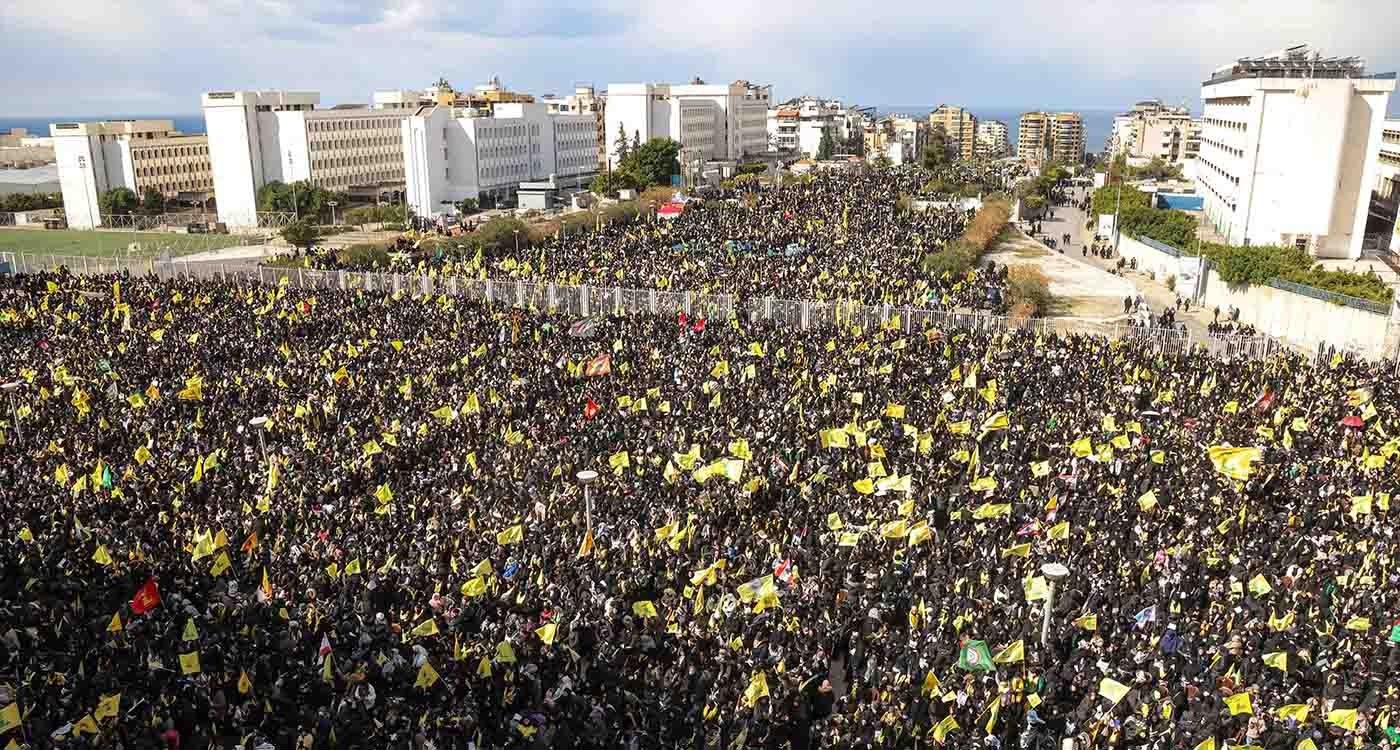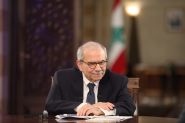
The funeral of Hezbollah’s leaders Hassan Nasrallah and Hashem Safieddine was not just about their burial. The party, backed by Iran, mobilized hundreds of thousands to signal to the Lebanese state that despite heavy losses, it remains the strongest force. Any attempt to disarm it will face significant challenges.
A well-informed source revealed that once the government gains confidence, it will address Hezbollah’s weapons issue in line with Resolution 1701. President Joseph Aoun stressed in his inauguration speech that “the state has the exclusive right to bear arms to secure its borders.” Israel, according to diplomatic sources, has conditioned its full withdrawal from Lebanon on Hezbollah’s disarmament, maintaining positions in five strategic locations in the south in the meantime. Benjamin Netanyahu confirmed that Israeli forces will remain in Lebanon until the Lebanese government fulfills its commitments. However, Israel’s real objective is normalization with Lebanon. Speaker Nabih Berri dismissed Israel’s conditions, affirming that weapons north of the Litani will be discussed in a defense strategy led by President Aoun.
After February 18th, the deadline for Israel’s withdrawal under the truce agreement, Hezbollah’s Secretary-General Naim Qassem stated, “No one can deny the Lebanese the right to resist Israel, as enshrined in the constitution and past agreements.” However, President Aoun clarified that “the state alone is responsible for its security, and Lebanon cannot afford another war.” Furthermore, a reform-oriented MP emphasized that “neither the inauguration speech nor the Constitution mentions the resistance – Qassem’s words belong to a bygone era.”
In a move seen as a response to Aoun, Hezbollah staged protests at the airport, displaying images of Nasrallah to protest Lebanon’s ban on Iranian flights. The party asserted, “We are here, and our weapons are a red line as long as Israel occupies our land.” During the funeral, Qassem declared, “The resistance is not over, and we will not accept continued killings and occupation.”
A Hezbollah MP revealed that the party is “open to discussing weapons within the framework of the national dialogue.” A former official noted that after Aoun reaffirmed the state’s monopoly on arms, the party faces three options: negotiating a phased disarmament plan with the Army, returning weapons to their source, or selling them due to financial constraints.
Observers say that Hezbollah is betting on instability in Syria and the possible fall of Ahmad al-Sharaa’s rule. It cites attacks on Lebanese Shiites in Syria and the confiscation of their property as justification for maintaining its arms. However, opposition sources argue that Lebanon has already agreed to secure its borders and demarcate disputed areas, rendering Hezbollah’s justification weak. Syrian Foreign Minister Asaad al-Shibani is even expected to visit Lebanon to discuss refugee issues and border security.
A well-informed source stated that Aoun will form a national dialogue body, but not to develop a defense strategy. Instead, it will serve as an advisory institution alongside the presidency. Aoun confirmed, “The Army alone will draft the defense strategy as part of a broader national security plan.”
Still, Hezbollah remains unwilling to disarm, fearing it would lose its influence on Lebanon’s political system and the deep state, which it maintains through its Iranian-backed military arsenal.




Comments